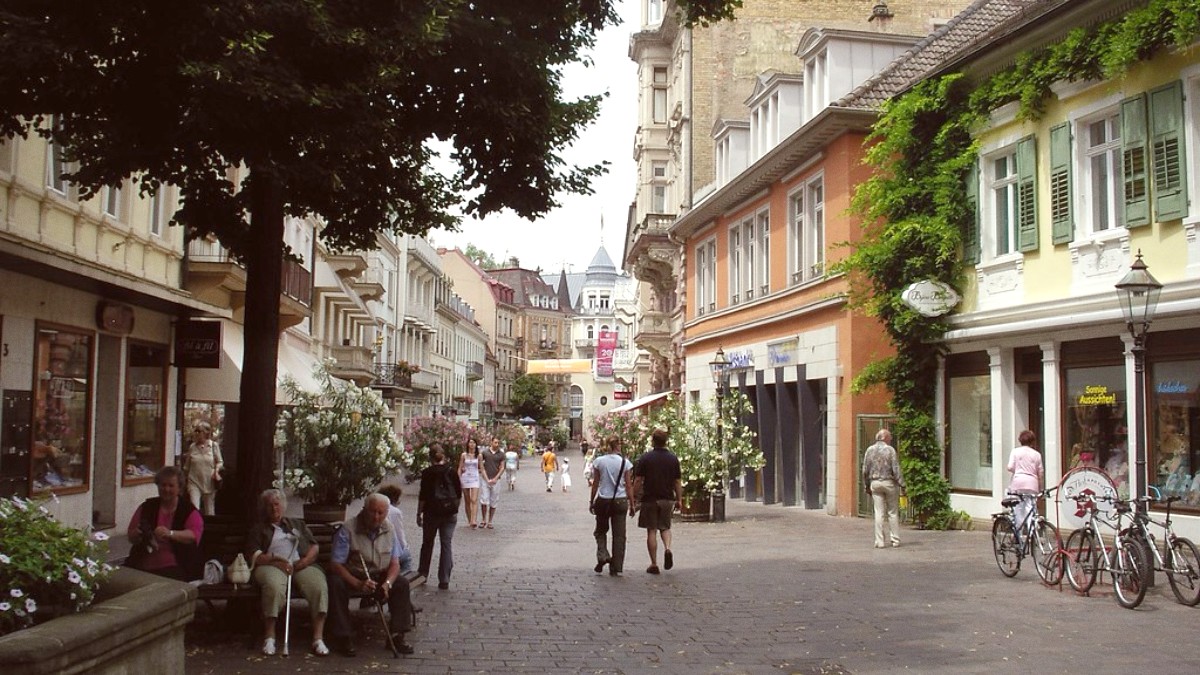
Baden Wurttemberg, Germany
Germany’s major mobile providers include Telekom, Vodafone, and O2. Prepaid SIM cards are available at provider stores, electronics stores, and some supermarkets.
Most hotels and accommodations in Baden-Baden offer free Wi-Fi. Public Wi-Fi is available in cafes, restaurants, and some public spaces.
The official language is German. English is widely spoken in tourist areas, hotels, larger restaurants, and by younger generations.
Learning a few basic German phrases is appreciated by locals and can make your interactions easier.
Learning a few basic German phrases makes a positive impression and eases interactions.
Many establishments operate on specific schedules, especially on weekends and holidays.
Generally, Monday-Friday 9/10 AM to 6/7 PM. Saturdays close earlier (4-6 PM). Most shops closed Sundays.
Typically Monday-Saturday 7/8 AM to 8/10 PM. Closed Sundays.
Restaurants often open for lunch (12-2 PM) and dinner (6-10/11 PM). Cafes/Bakeries open earlier (6/7 AM).
Most are open Tuesday-Sunday, generally 10/11 AM to 5/6 PM. Many observe a closing day on Mondays. Always check individual websites for precise operating hours.
Banks typically operate Monday-Friday, 9 AM to 4/5 PM, often with a lunch break.
Always check specific operating hours for attractions and businesses during your visit, especially around holidays.
While generally relaxed, a few customs gain appreciation.
A firm handshake is common when meeting and leaving someone, especially in formal settings.
Dress is generally casual in Germany.
Refer to relevant sections for dining customs and tipping expectations.
Avoid making light of or trivializing the Nazi era. Germany has strict laws against displaying Nazi symbols.
A polite approach and awareness of local customs will make your visit more enjoyable.
Baden-Baden has made progress in providing accessibility for travelers with mobility challenges and other specific needs.
Newer buildings and many renovated public buildings typically feature ramps, lifts, and accessible restrooms.
Several attractions in Baden-Baden are designed with accessibility in mind.
Germany offers services for travelers with visual or hearing impairments.
Organizations and local contacts can offer further assistance.
Baden-Baden strives to welcome all visitors and improve accessibility throughout the city.